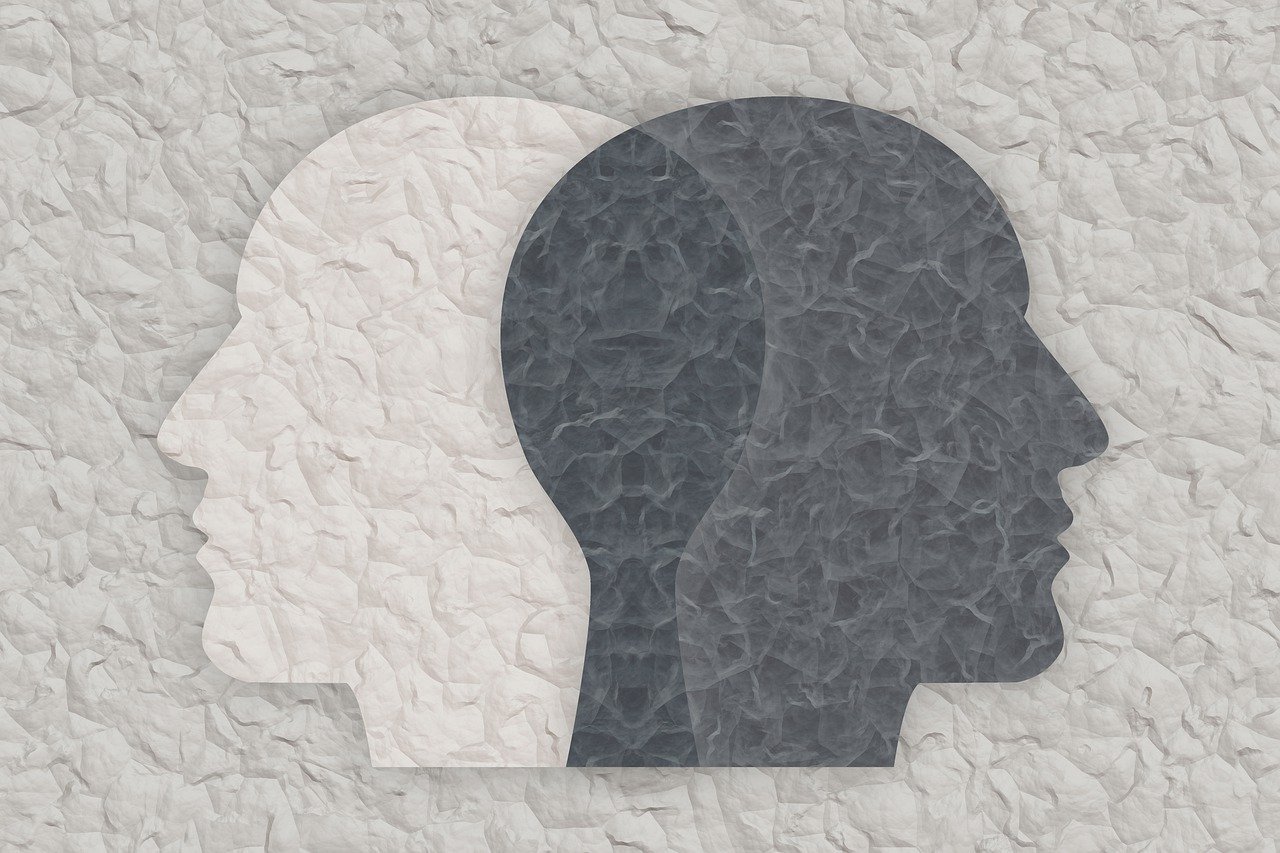
Bipolar 1 Disorder is a type of bipolar disorder characterized by periods of extreme mood swings, from manic episodes to depressive episodes. It is one of the various types of bipolar disorders, as covered on the Bipolar Disorders main category page.
In this article, we’ll explore the signs and symptoms of Bipolar 1 Disorder, its causes, potential triggers, treatment options, and coping strategies. Along the way, we will also highlight and link other types of bipolar disorders, such as Bipolar 2 Disorder, Cyclothymia, Mixed Bipolar Disorder, and Rapid Cycling Bipolar Disorder.
Bipolar 1 Disorder is marked by alternating episodes of mania and depression, with symptoms that may include:
The exact cause of Bipolar 1 Disorder is not fully understood, but several factors are believed to contribute to its development:
There is a strong genetic component to bipolar disorders, with individuals having a family history of the condition being more likely to develop it themselves. According to the National Institute of Mental Health (NIMH), genetics may account for approximately 60-85% of the risk of developing bipolar disorder.
Environmental factors, such as exposure to high levels of stress, traumatic events, or substance abuse, can contribute to the development or triggering of bipolar episodes. The National Alliance on Mental Illness (NAMI) stresses the importance of addressing environmental factors in managing bipolar disorder.
Imbalances in certain brain chemicals, such as neurotransmitters like serotonin, dopamine, and norepinephrine, are thought to play a role in the development of bipolar disorder. Research is ongoing to better understand the complex neurochemistry involved in mood disorders.
Diagnosing Bipolar 1 Disorder typically involves a thorough evaluation by a mental health professional, such as a psychiatrist or psychologist. This assessment may include a detailed medical and family history, a mental status examination, and the use of diagnostic criteria outlined in the Diagnostic and Statistical Manual of Mental Disorders (DSM-5).
Treatment for Bipolar 1 Disorder often involves a combination of medication, therapy, and lifestyle changes. Some of the most common treatment options include:
Bipolar 1 Disorder is a serious mental health condition characterized by periods of mania and depression. With appropriate treatment and support, many individuals with this disorder can lead fulfilling and productive lives. Understanding the various types of bipolar disorders, such as Bipolar 2 Disorder, Cyclothymia, Mixed Bipolar Disorder, and Rapid Cycling Bipolar Disorder, can help individuals and their families better navigate the complexities of bipolar disorder and seek the most appropriate treatment.
